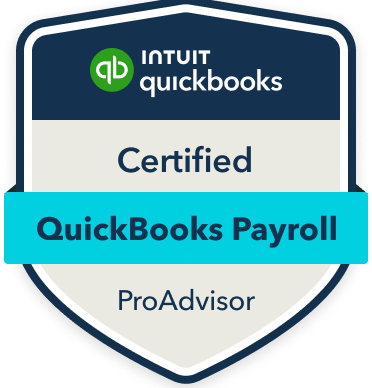How to Create and Manage a Budget Using Your Bookkeeping Data
A well-structured budget is essential for financial success, whether you’re managing a small business or your personal finances. Your bookkeeping data serves as the foundation for building an accurate and effective budget. By leveraging this data, you can make informed financial decisions, plan for the future, and achieve your financial goals.


How to Create and Manage a Budget Using Your Bookkeeping Data
An effective budget is a cornerstone of financial success, whether you’re overseeing a small business or managing personal finances. By utilizing your bookkeeping data, you can establish a precise and actionable budget. This data empowers you to make well-informed financial decisions, plan strategically for the future, and work toward achieving your financial objectives.
Review Your Financial Data
Start by gathering your financial records from your bookkeeping system. These include:
Income statements
Expense reports
Cash flow statements
Analyze historical data to identify trends, such as peak income periods and high-expense categories. This information forms the baseline for your budget.
Define Your Financial Goals
Before diving into numbers, establish clear financial goals. These might include:
Increasing revenue
Reducing operating expenses
Saving for a major purchase or expansion
Improving cash flow
Your goals will guide how you allocate funds in your budget.
Categorize Income and Expenses
Organize your income and expenses into categories to create a structured budget. For businesses, common categories include:
Revenue streams (e.g., product sales, services, rentals)
Fixed expenses (e.g., rent, salaries, insurance)
Variable expenses (e.g., utilities, marketing, travel)
Personal budgets might include categories like housing, groceries, entertainment, and savings.
Determine a Budgeting Period
Choose a time frame for your budget, such as monthly, quarterly, or annually. Monthly budgets are the most common and provide a manageable view of your finances while allowing for regular adjustments.
Set Income Projections
Using your bookkeeping data, estimate your expected income for the budgeting period. Be realistic and account for seasonal fluctuations or market trends that might impact revenue.
Allocate Expenses
Distribute your funds across expense categories based on historical data and future needs. Prioritize essential expenses like rent and utilities before allocating funds to discretionary categories like entertainment or travel.
Include a Contingency Fund
Set aside a portion of your budget for unexpected expenses. This contingency fund acts as a financial buffer, ensuring you’re prepared for emergencies without disrupting your budget.
Track and Monitor Spending
Regularly track your actual income and expenses against your budget. Your bookkeeping system can help automate this process by generating reports that highlight variances between your budgeted and actual figures.
Adjust as Needed
Budgets are not static; they need to adapt to changing circumstances. If you notice significant variances or unexpected changes in income or expenses, revise your budget to stay on track.
Leverage Budgeting Tools
Many bookkeeping systems include budgeting tools that simplify the process. These tools can:
Automatically categorize transactions
Provide visual insights with charts and graphs
Send alerts for overspending
Explore the features of your bookkeeping software to make budgeting easier and more efficient.
Analyze Budget Performance
At the end of each budgeting period, review your performance. Identify areas where you stayed within budget and areas where you overspent. Use these insights to refine your budgeting strategy for the next period.
Align Budget with Long-Term Goals
Ensure your budget supports your broader financial objectives. For example:
If you’re aiming to expand your business, allocate more funds to growth initiatives.
If you’re saving for retirement, increase contributions to your savings account.
Creating and managing a budget using your bookkeeping data is a powerful way to take control of your finances. By leveraging accurate financial records, you can make informed decisions, track progress, and achieve your financial goals with confidence.
Ready to turn your bookkeeping data into a roadmap for success? Start building your budget today and watch your financial health improve.








